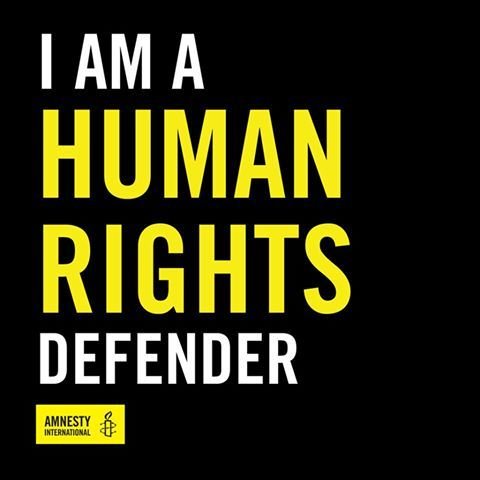CRITICIZING AMNESTY INTERNATIONAL REPORT
Amnesty International (AI) is one of the most influential institutions in heralding public opinion when assessing what is right and wrong in the Syrian War. Since the beginning of the conflict, from the very beginning of the mass demonstrations in Daraa, AI quickly released a report entitled "Deadly Detention: Deaths in custody amid popular protest in Syria".
The report was released in August 2011, whereas the first demo in Daraa occurred in March 2011. It means that within 5 months, AI has made a report with the conclusion: the Syrian government committed crimes against humanity and called on the international community to take punitive action against the Syrian government.

The status of crimes against humanity is a serious allegation, which means: The government of a state conducts widespread and systematic attacks on civil society, and the attack is part of the government's 'official policy'. If any government does this, the international community (in this case the United Nations) is deemed to be entitled to a Humanitarian Intervention.
But the question is, how is it possible in just five months, AI can make that report? If the Syrian government is accused of 'extensive and systematic attacks', that is, the area to be studied is also very broad and uses correct research methods, including bypassing the design procedures of research, preparation, execution of research, data processing, data interpretation, writing, and check the accuracy of writing.
The AI secretary general, Salil Shetty, in a 2014 interview claimed that his party had the correct reporting standards, namely the collection of evidence carried out directly by AI staff in the field, and any discovery, statement or theory must be accompanied by corroboration and cross-checking (cross-verification of all parties involved in the conflict). Even Shetty says, "It is very important to get different points of view and to continually cross-verify and verify facts."
In fact, as noted in the 'lightning report', AI researchers interviewed Syrians who had fled to Lebanon and Turkey and communicated with emails and calls with residents in Syria, the families of victims, human rights activists, doctors and prisoners the newly released. Other informants are human rights activists living outside Syria. Of all the mentioned sources, the only one that can be called the primary source is 'newly released prisoners'.

So, what is our attitude to AI? Yes, remain critical. Do not say AI immediately swallow round. If the contents of the report according to scientific standards, then accepted.